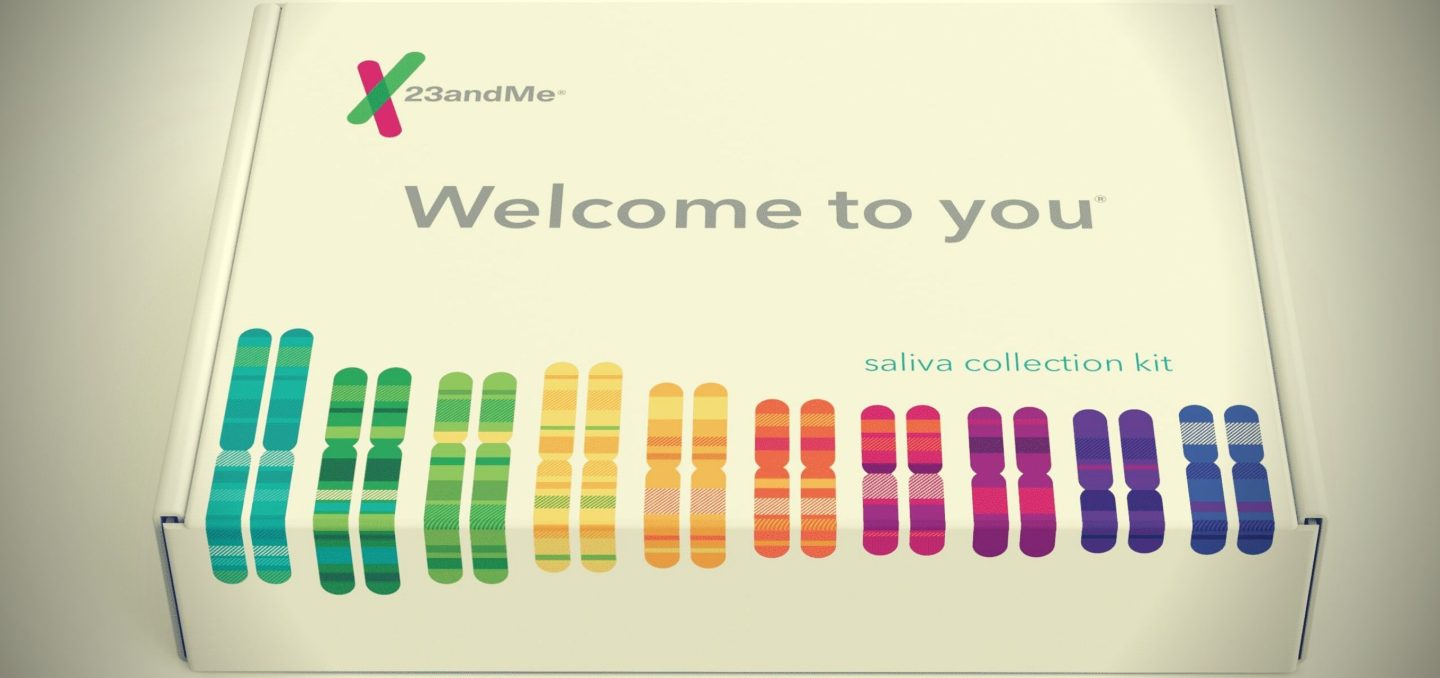The clearance allows 23andMe to report on the G84E mutation in the HOXB13 gene, clinically shown to significantly increase the risk of developing prostate cancer in men with the mutation
SUNNYVALE, Calif., Jan. 10, 2022 (GLOBE NEWSWIRE) — 23andMe Holding Co. (“23andMe”), a leading consumer genetics and research company, today received FDA clearance for a genetic health risk report on a hereditary prostate cancer marker.
This is the Company’s third cancer risk report clearance, following the FDA’s prior authorization for 23andMe’s BRCA1/BRCA2 (Selected Variants) Genetic Health Risk report and its clearance for MUTYH-Associated Polyposis (MAP), a hereditary colorectal cancer syndrome. These two reports along with the new Hereditary Prostate Cancer (HOXB13-Related) report have been included by the FDA in a single “Cancer Predisposition Risk Assessment System” regulation.
These three 23andMe reports are the only direct-to-consumer genetic health risk reports for inherited cancers that have been authorized by the FDA for use without prescription.
We continue to work closely with the FDA in order to provide individuals with direct access to impactful health information that can help them make important life decisions, said Anne Wojcicki, CEO and Co-Founder of 23andMe. 23andMe remains the only company with multiple FDA authorizations for direct-to-consumer genetic health reports. These reports provide our customers with the knowledge that they might be at risk for certain diseases, including hereditary cancers, empowering them to take appropriate preventative action with their healthcare provider.
This report is not yet available, but as soon as it is ready for release, it will be offered to eligible Health + Ancestry Service customers who have been genotyped on the company’s most recent platform.
As with other genetic health risk reports for inherited cancers, 23andMe customers must choose whether or not they want to view the information contained in this report. Also similar to other 23andMe Genetic Health Risk reports, the Hereditary Prostate Cancer report will include an education module to ensure customers are informed on what they can learn from this report and how to interpret the results, as well as its limitations.
The G84E variant included in 23andMe’s Hereditary Prostate Cancer (HOXB13-Related) report is most prevalent1 in people with Northern European ancestry. Among people of European descent, up to 1 in 70 people has the HOXB13 G84E variant. This variant has also been found in people of other ethnicities. Studies2 suggest that 33–53% of males with the G84E variant develop prostate cancer during their lifetime, compared to about 12% of males in the general population. In addition, males with this variant who develop prostate cancer also tend to do so at an earlier age.
23andMe now has three FDA 510(k) clearances, in addition to four separate FDA de novo authorizations, including:
- Carrier Screening reports
- Genetic Health Risk reports
- BRCA1/BRCA2 (Selected Variants)
- Pharmacogenetic metabolism
- Pharmacogenetic interpretative drug information
- MUTYH-Associated Polyposis (MAP) report (hereditary colorectal cancer syndrome)
- Hereditary Prostate Cancer (HOXB13-Related) report
Each authorization has included an extensive FDA review process in which 23andMe submitted studies and evidence demonstrating that its reports are scientifically valid and understandable for consumers, and that the results are analytically reliable. For this newest clearance, the Hereditary Prostate Cancer (HOXB13-Related) report adhered to the same standards used in other reports, including greater than 99 percent accuracy and utilization of key informational concepts that achieved 90 percent or greater comprehension in a demographically diverse population.
The 23andMe Hereditary Prostate Cancer (HOXB13-Related) report test does not include all genetic risk variants for hereditary prostate cancer, and does not take into account lifestyle factors that may contribute to risk for the disease. If a customer does not have the particular risk variant found in this report, that does not mean they should forgo recommended cancer screenings. This report is not a diagnostic test, customers should consult with a healthcare provider before making decisions based on the results.
1Prevalence: Karlsson 2014 (PMID 22841674)
2Risk range: Karlsson 2014 (PMID 22841674) and Nyberg 2019 (PMID 30527799)



